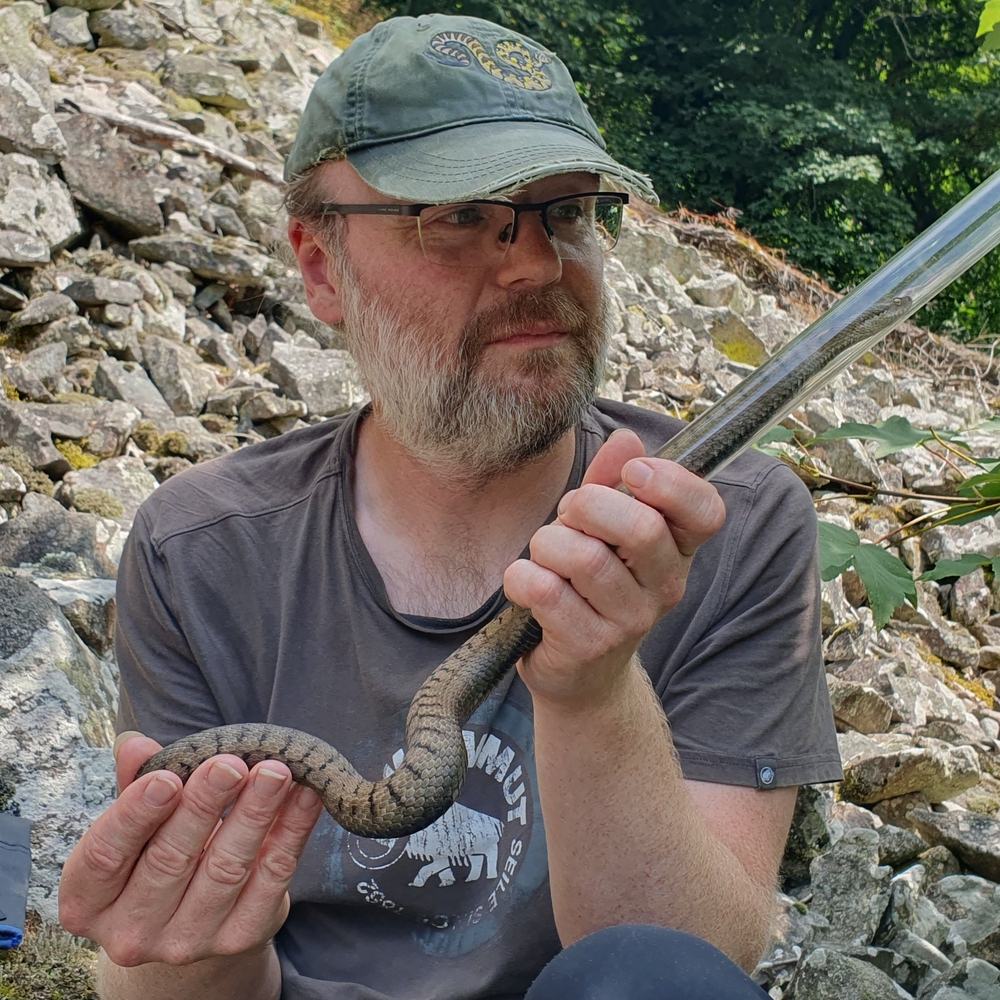Dr Axel Barlow
Teaching & Research Lectureship
Research
I am a zoologist utilising genomics methods. I develop two major research themes:
- Evolutionary genomics of mammals. In particular I use palaeogenomics methods to study extinct species and ancient populations. Current study species include cave bears, mammoths, cave hyenas, brown bears, wolverines, big cats, etc.
- Conservation genomics. I use genomics methods to assess genetic health and make recommendations for conservation management. My current focus is on native UK species, including adders, grass snakes, common lizards, sand lizards, hedgehogs, etc.
Postgraduate Project Opportunities
I run an active research group and I am always keen to recruit postgrads interested in developing PhD or MRes projects with us. Examples of projects I can currently offer are:
- Palaeogenomics of cave bears, brown bears, mammoths, hyena, big cats, etc.
- Conservation genomics of UK species, including adders, common lizards, grass snakes, sand lizards, hedgehogs, etc.
Please get in touch to discuss ideas and potential funding options.
Teaching and Supervision
I currently teach on the following modules: ENS-1004 Principles of Life; BNS-2002 Genes, development, and evolution; BSX-2021 Bioscience skills; BSX-2032 India fieldcourse; BSX-3070 Dissertation projects; BSX-3139 Molecular ecology and evolution; BSX-3158 Advances in herpetology.
I also run an annual "Bioinformatics Bootcamp" for PGRs including Unix-like systems, HPCs, bash, slurm, Illumina data processing, and basic population genomics analyses. Contact me for further info.
Research outputs (66)
- E-pub ahead of print
A Million Years of Mammoth Mitogenome Evolution
Research output: Contribution to journal › Article › peer-review
- Published
A method for PCR-free library preparation for sequencing palaeogenomes
Research output: Contribution to journal › Article › peer-review
- Published
Postglacial recolonization of the Southern Ocean by elephant seals occurred from multiple glacial refugia
Research output: Contribution to journal › Article › peer-review


